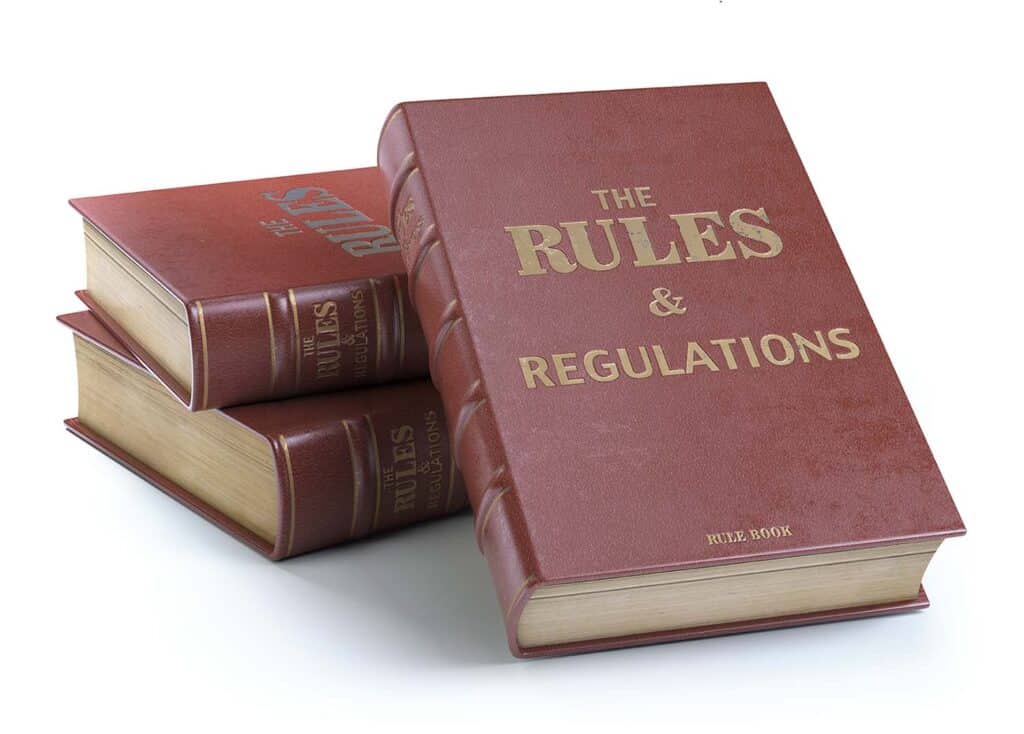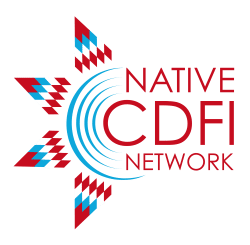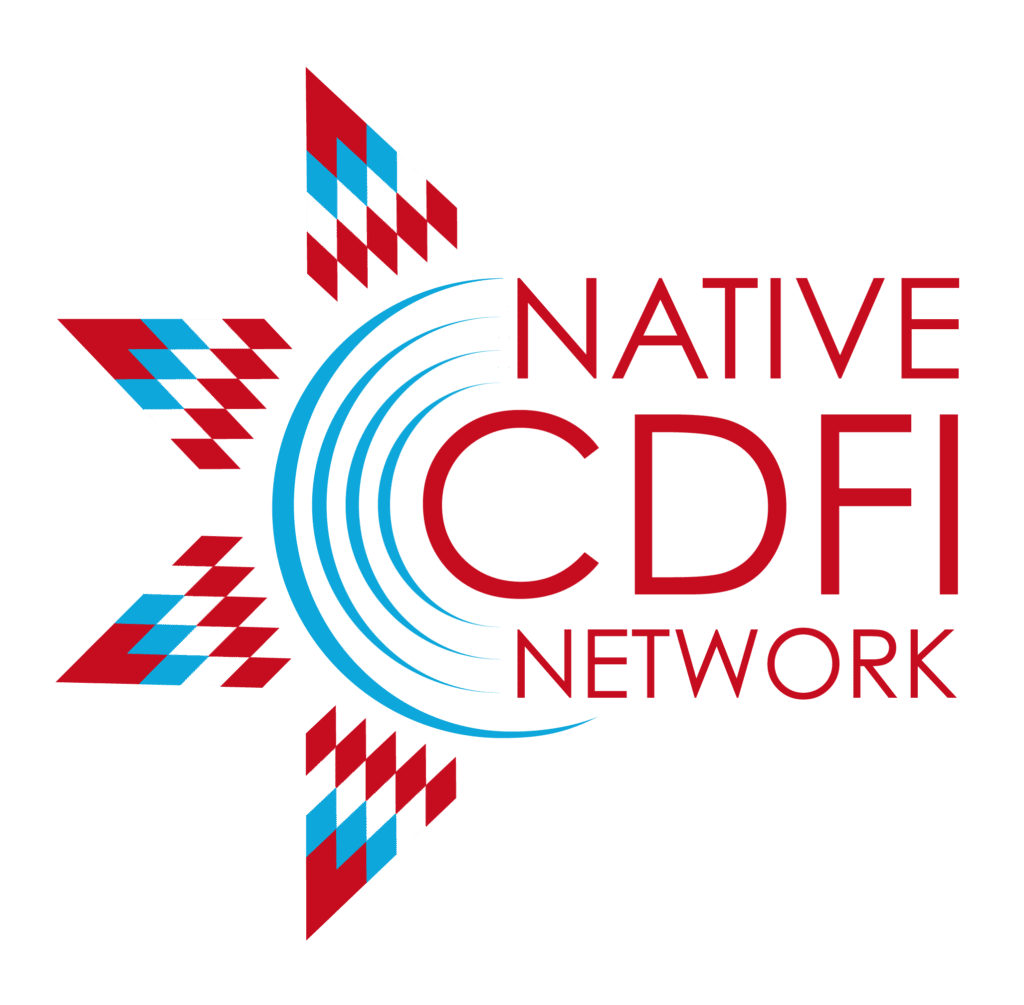Guidelines & Restrictions
As a Native CDFI, you most likely are a non-profit organization that receives funding from the Federal government, and there are certain restrictions to your policy and advocacy activities. There are some general guidelines to follow, however, please consult with your legal counsel to get complete information.

Non-Profit Organizations
As a 501(c)(3) organization, the IRS imposes limits on your lobbying expenditures. Lobbying, by IRS standards, is defined as attempting to influence legislation and can be either grassroots lobbying or direct lobbying. All 501(c)(3) organizations are absolutely prohibited from engaging in activity that supports or opposes a candidate for public office.
Federal Funding Recipients
Federal funds are not to be used in ways that promote particular candidates for public office, support partisan political activities, influence legislative action, or influence decisions to award grants or contracts to particular recipients of federal funds.
What isn’t Lobbying?
A communication with the general public reflecting a view about specific legislation is not lobbying if it does not contain a call to action.
It is not lobbying to meet with legislators to educate them about a broad social problem like poverty in Native communities, as long as you do not express a preference for a specific legislative proposal to address the problem, such as enacting a permanent Native set-aside in the CDFI Fund’s appropriations.
Lobbying restrictions do not apply to activities including: nonpartisan education or informational efforts; gathering, analyzing and reporting information on legislative or regulatory actions; providing advice or requested assistance from legislators; testifying before legislative bodies; commenting on regulatory actions; or advocating general support for particular programs.

